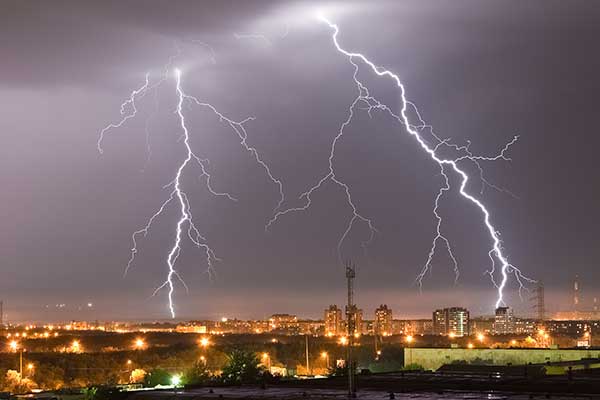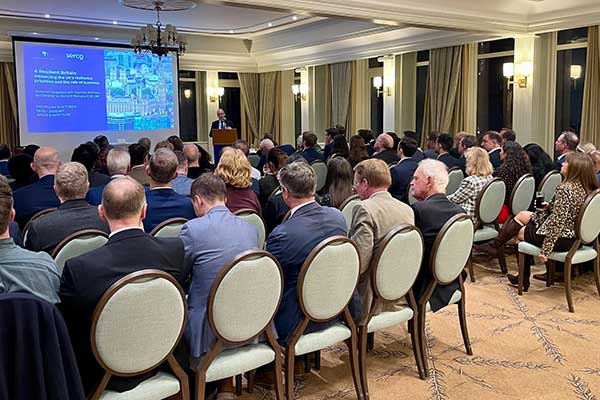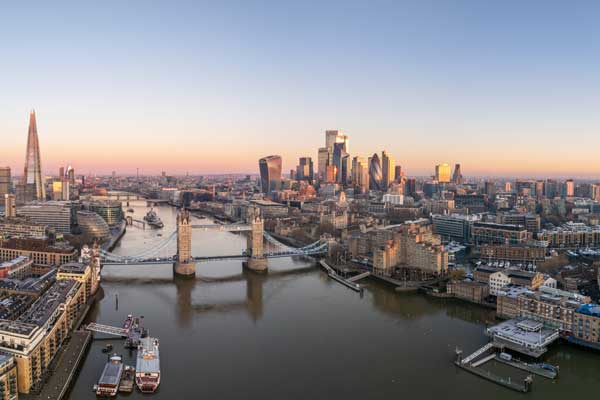The National Preparedness Commission (NPC), launched on 19 November, aimed to look at not only global pandemic planning but also threats from other critical incidents such as widespread power failure, flooding, adverse terrestrial and space weather, terrorist attacks on crowded places or transport, cyber-attacks on infrastructure or services, and chemical, biological and radiological attacks.
Chairman Lord Harris of Haringey, a former reviewer of London’s terrorist preparedness, said: “The dramatic impact of Covid-19 demonstrates why governments, businesses, communities and individual households need to be better prepared to withstand and recover from major shocks. The ease with which the fabric of our accustomed way of life has unravelled during the pandemic has taken the country by surprise.”
“The work of the NPC is not about criticising what has or has not been done in the past. Our focus is on what must be put in place for the future. The UK needs to be better prepared to deal with threats and unprecedented shocks, ensuring our communities, particularly the most vulnerable members of society, are not affected disproportionately.” “There needed to be a cultural shift from a ‘just-in-time’ philosophy to one of ‘just in case’.”
The Commission will hear from experts across the world, learning from other countries’ experiences, holding major roundtable events and publishing guides and policy papers.
Resilience First, the Centre for the Study of Existential Risk at University of Cambridge, Chatham House and the Royal United Services Institute (RUSI) were among the organisations that had agreed to partner the Commission.
An interview with Lord Harris by Elisabeth Braw can be accessed here.



